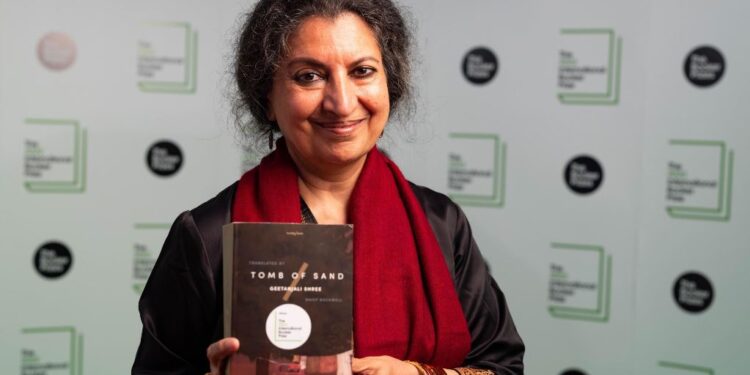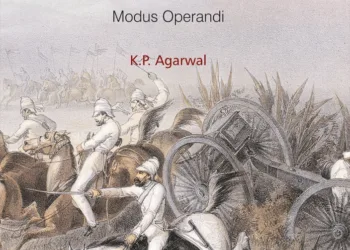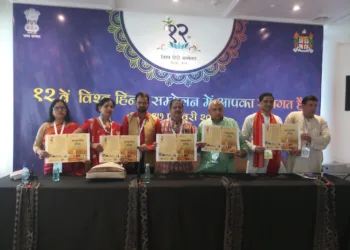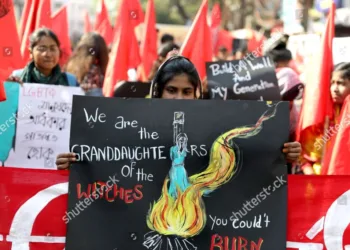BY PARSA VENKATESHWAR RAO JR
Geetanjali Shree’s Ret Samadhi makes for delightful reading as the language meanders like a river in spate, intermingling past and present, and breaking the social and political boundaries
It is unfortunately true that we would not have been so curious and so excited about Geetanjali Shree’s Hindi novel, Ret Samadhi, published in 2018, had it not won Britain’s International Booker Prize on May 27 this year through the English translation, Tomb of Sand, by Daisy Rockwell, an American. It is the first fictional work in an Indian language to have won an international award. It has led to much excitement in the large circle of people who love literature and things literary. And for the majority who do not read Hindi, Rockwell’s translation is the only way to enjoy Shree’s work. And this is not unusual. Most of us have read some of the best literary works by European, African, Asian authors through an English translation. The names of 19th century Russian novelists come to mind, like Leo Tolstoy, Fyodor Dostoevsky, Ivan Turgenev, and more recently the Spanish works of Colombian novelist Gabriel Garcia Marquez.
As we read Shree’s Hindi novel, we realise how the translation has caught the essence and flavour as reflected in what the International Booker jury chair and Irish translator, Frank Wynne, said: “…We were captivated by the power, the poignancy and the playfulness of Tomb of Sand, Geetanjali Shree’s polyphonic novel of identity and belonging, in Daisy Rockwell’s exuberant and coruscating translation. This is the luminous novel of India and Partition, but one whose spellbinding brio and fierce compassion weave youth and age, male and female, family and nation into a kaleidoscopic novel.”
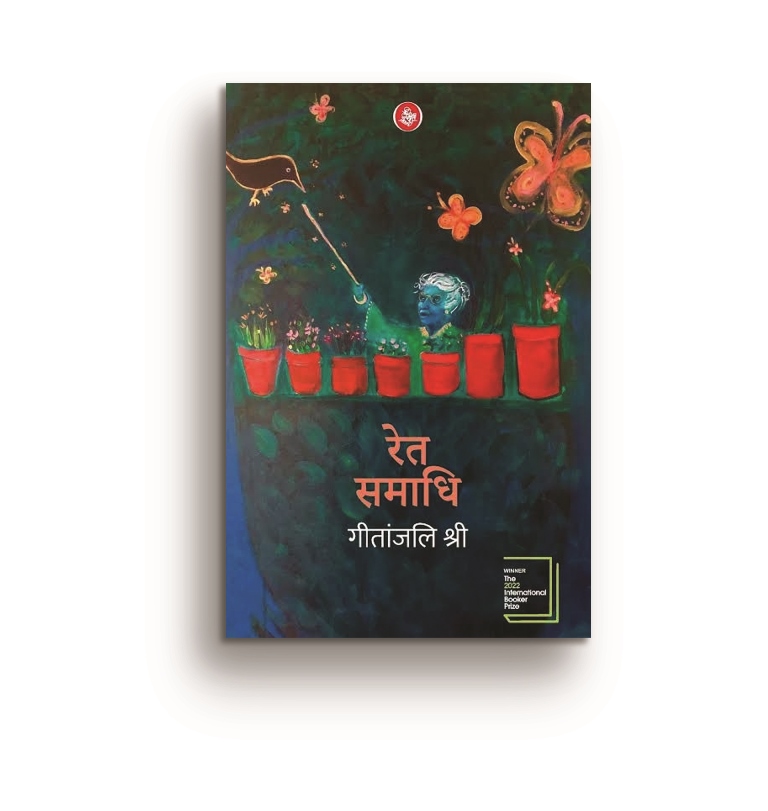
But there is a little more for every reader. The book will be intensely enjoyable for readers for many other reasons than that of “identity and belonging” as seen by Wynne. Yet the Hindi novel is very much what Wynne says it is. It means that Rockwell got her translation right.
We get to feel the energy and the buoyancy of the language from the very first page, and on every page there is an avalanche of words, thoughts and sentiments, and a loud, if not screaming, sense of satire. On Page 48 we get to read: “Hawa dhaad-dhaad chalti hai.
Hawa dabe paon aati hai. Baatein aage badhte huey badhti hai. Baatein badal jaatee hai is liye bhi badh jaati hai. Is hera-pheri mein hasee gayi, rahi, aayi, pata nahin, par ek din chhadi aayi. Ye bhi pata nahin chalega jab tak Gambhir bete ya uski mom se baar baar padtaal na ki jaaye aur unke ka he ke peechhe bhijhaan ka jaaye, ki hakeem Nabina ne is mein kya kirdaar nibhaaya? Kyonki lakshan se rog ke pehchaane ke fauran baad, company ne chhote bete ko promotion diya aur videsh bhej diya, overseas office mein ceo niyukt karke. Videsh Nepal, Bangladesh nahin hota, Germany, Australia, Amrika hota hai aur ye beta, Sid ka chhota, Australia pahunch gaya.” And we find the same rhythm and pace through the novel.
There is the danger that many of us who are reading Shree’s Hindi novel with our readings of English novels, Indian, British, American, might feel that there are echoes of many of the innovatory narrative trends of late 20th century novels. But that would be our burden, not that of Shree. She might or might not have read the novels whose echoes we find in Ret Samadhi, but she has not necessarily borrowed any of those trends, either consciously or unconsciously. But by finding similarities in ways of telling a story with other writers like Salman Rushdie or Kurt Vonnegut Jr, we enjoy the novel a little more.
We can see that she uses English words in her Hindi narration and there is nothing new or unusual about this. But it makes us aware that the novel belongs to our times, now in the third decade of the 21st century, and we find it easy to read and enjoy. The idea we get from Wynne is that it is about an old woman lying in her bed with her back to her folk and facing the wall—in some Dostoevskian sense—and that she travels back in time to her youth and to another moment in history which is politically fraught. But the novel scores because it shows a lot of pathos and joy in the protagonist’s life in the present.
The story meanders to the Thar desert and to the Khyber, and old memories are relived. The past and the present intermingle, and that is what defines memory. Shree carries the whole novel on this premise, especially in the last 100 pages or more. And it is a poignant recall as well as an encounter not with enemies but with humanity. It is this that makes the novel interesting and captivating. It affirms humanity over nationalities, religions but not in a rhetorical fashion. The daughter recounts in a letter to her lover her anguish and anger at her old mother who is chasing the past in the present: “apnon ko aur unke hit ko ek dum bhool gayi hai? Kaisi maa hai aap? Is par pata hai kya kehne lagi hai? Ki bhoolna ki se kehte hai socho. Jo hota hai sochke hota hai ki bhoolkar? Jo hua sochne waalon ne kiya ki soch band kar dene waalon ne? Bhoolna mar jaana hai. Main mari nahin hoon. Main ret mein apne peechhe sab dabaa aaee thhee, aaj usee ret pe phir aa gayee hoon.”
Shree brings all kinds of references into the narration, from passing references to Amitabh Bachchan, Salman Khan, Khushwant Singh, a line from a song from Shammi Kapoor- Kalpana starrer Professor, and she interweaves a story of Malayalam and English writer Paul Zachariah to take the plot forward. Many readers have been sort of bewildered and it is not surprising. She tells the story through loops, digressions, reflections and from a crow’s vantage point as well. She seems to feel that to tell a story you do not have to stick to the story. And there is nothing bizarre or unusual about this. When we narrate things amongst ourselves, we rarely tell what we want to convey briefly and tersely but recall many similar parallels, remember other stories and then come back to the core story we had started out with. What makes the reading of this novel so enjoyable in Hindi, and it must be the case in the English translation as well, is the sheer joy and energy that Shree infuses into the language. She loves the language in its mixed form of Hindi, English, Urdu, and she does it with confidence and perfect ease. And in our daily speech, we use English and our mother tongue in the most natural way, completely unaware that we are doing it.


